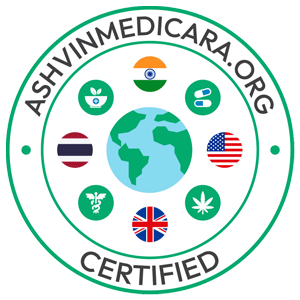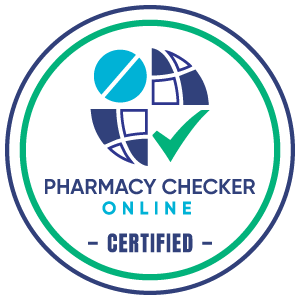No products in the cart.
Addressing the Stigma Around Mental Health Medications
Addressing the Stigma Around Mental Health Medications: Understanding the Facts
Stigma around mental health medications often stems from ignorance and fear. Common myths include the belief that taking medication for mental health is a sign of weakness, that it will alter one’s personality, or that it’s a lifelong dependency. These misconceptions can prevent individuals from seeking the help they need, leading to prolonged suffering and worsening of symptoms.
Debunking Common Myths
- Myth: Taking medication is a sign of weakness.
- Fact: Seeking help and taking medication when needed is a courageous step towards better mental health. Just as we wouldn’t hesitate to take medication for physical ailments, we shouldn’t feel ashamed to do so for mental health conditions.
- Myth: Medications will change my personality.
- Fact: Mental health medications are designed to help balance chemicals in the brain, reducing symptoms and improving quality of life. They aim to restore your ability to function and feel better, not change who you are.
- Myth: Medications are a lifelong commitment.
- Fact: The duration of medication use varies from person to person. Some may need them long-term, while others might use them temporarily. Decisions about medication should always be made in consultation with a healthcare professional.
The Importance of Medications
Mental health medications play a crucial role in managing conditions like depression, anxiety, bipolar disorder, and schizophrenia. They can help stabilize moods, reduce anxiety, and manage symptoms that make daily life challenging. For many, these medications are a lifeline that enables them to live fulfilling, productive lives.
Encouraging Open Conversations
To reduce stigma, we need to foster open conversations about mental health and medication. Sharing personal experiences can help demystify the process and show that it’s okay to seek help. Educating ourselves and others about the benefits and limitations of mental health medications can also dispel myths and reduce fear.
Supporting Those on Medication
If you know someone taking mental health medication, offer your support. Avoid judgmental language and encourage open dialogue about their experiences. Understanding and empathy go a long way in helping individuals feel validated and supported in their treatment journey.
Conclusion
Breaking the stigma around mental health medications requires a collective effort to educate, empathize, and support. By addressing misconceptions and promoting open conversations, we can create a more accepting environment where individuals feel empowered to seek the help they need. Remember, mental health is just as important as physical health, and taking medication when necessary is a step towards overall well-being.




